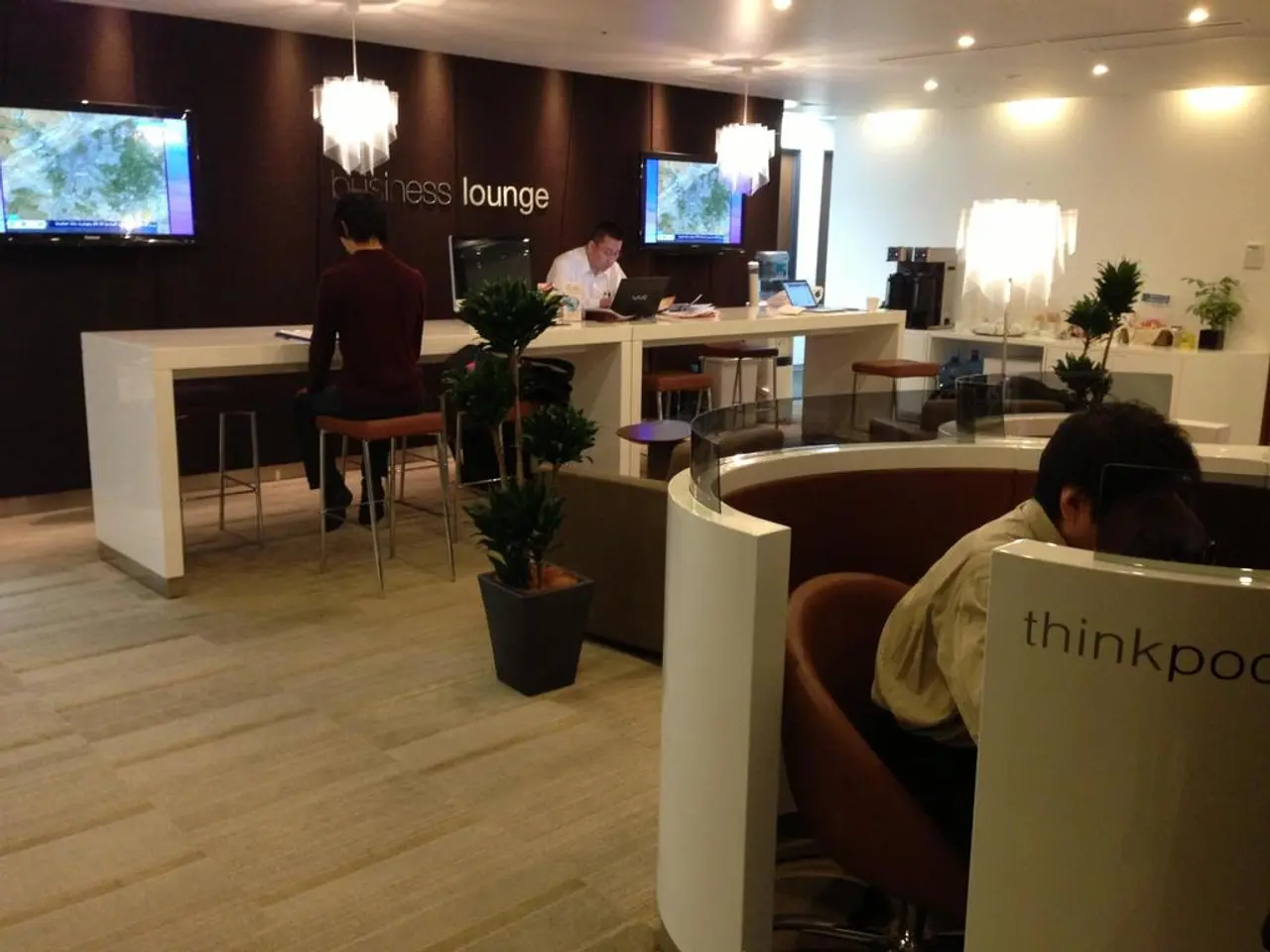Intel's rejection brings joy to the head of Ifo, but Magdeburg remains unenthusiastic.
In a significant development for Europe's aspirations to establish a robust semiconductor industry, Intel has announced the cancellation of its planned chip factory in Magdeburg, Germany. The decision, which comes after previously ambitious plans for about 3,000 new jobs and a €30 billion investment, has been met with regret by local officials and economists alike.
The cancellation highlights two main issues: market demand and investment viability, and the role and limits of subsidies. Intel's delay and ultimate withdrawal reflect the semiconductor industry's current overcapacity and cyclical demand fluctuations, demonstrating that large-scale investments in chip manufacturing depend heavily on sustained customer demand. Intel's CEO has emphasized that future expansions would only proceed if end-customer demand justifies them.
The German government had pledged significant subsidies (€10 billion) to attract Intel's factory, reflecting a broader European effort to incentivize semiconductor production and reduce reliance on Asian supply chains. However, the cancellation underscores that subsidies alone cannot guarantee such projects if market fundamentals fail to align. The decision illustrates the complexity of relying on subsidies for industrial policy when global economic conditions and company strategies may change.
Economists view the case as a clear example that while subsidies are powerful tools to attract foreign investments in strategic industries, they work best when paired with strong, reliable market demand and firm commitment from investors. The Magdeburg cancellation serves as a reminder of the risks governments face when trying to accelerate high-tech industrial capacity through subsidies amid volatile global tech markets.
Despite the setback, Germany's ongoing "Hightech-Agenda" aims to establish several semiconductor sites, suggesting the government remains committed to this industrial pathway. Local officials in Saxony-Anhalt continue to focus on attracting high-tech companies to Magdeburg, with further inquiries from renowned companies for the development of the planned high-tech park.
The chips to be produced at the Intel factory were not needed by the German industry but rather by other companies, according to the Ifo President. The cancellation means job cuts instead of new jobs in Magdeburg. The decision by Intel was expected due to the company's economic difficulties, with some economists viewing the cancellation as a positive development.
The cancellation of the Intel factory is not seen as a major setback for Germany's location by the Ifo President. However, critics argue that the opposite approach - focusing on general framework conditions rather than prescribing structural goals and regulating through subsidies and regulations - might lead to more sustainable outcomes.
References:
- BBC News
- Reuters
- CNBC
- Deutsche Welle
- The cancellation of Intel's factory in Magdeburg, initially planned for vocational training opportunities and tech expansion, raises questions about the effectiveness of community policy and the role of subsidies in attracting such projects.
- Despite the canceled Intel factory, the need for vocational training and tech-focused industries remains a priority in Germany's ongoing "Hightech-Agenda," hinting at the use of alternative approaches, such as strengthening general framework conditions, to achieve these goals.




